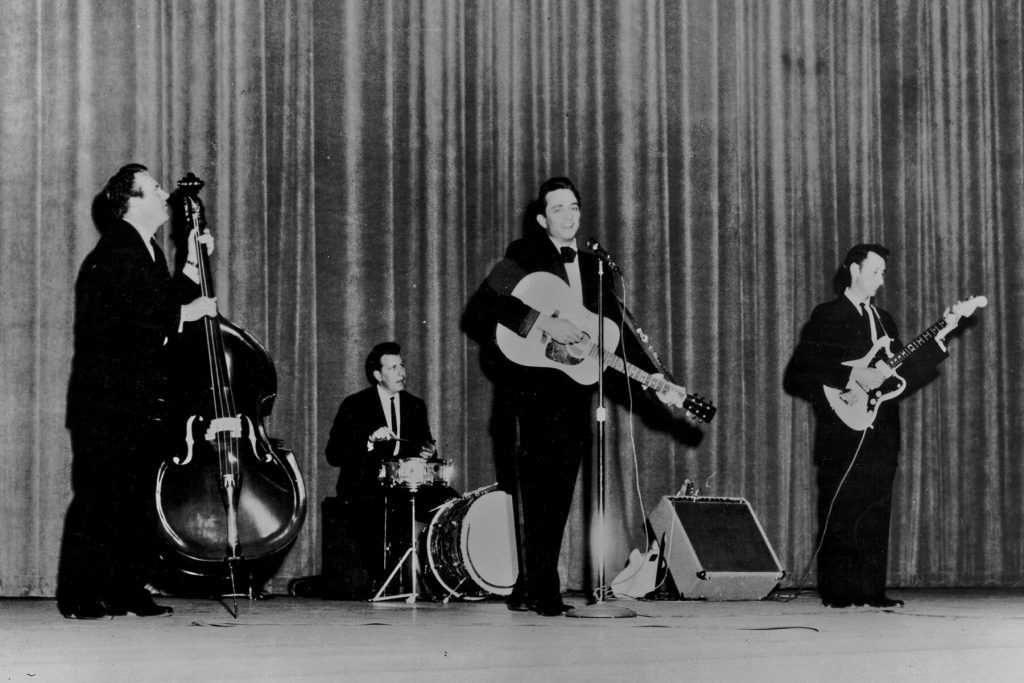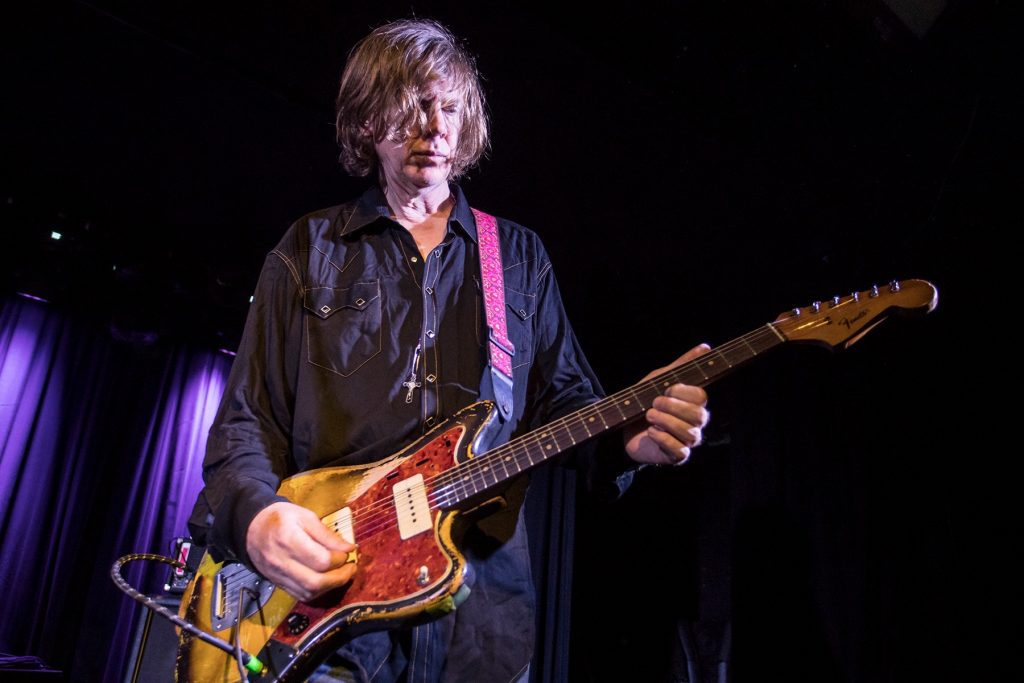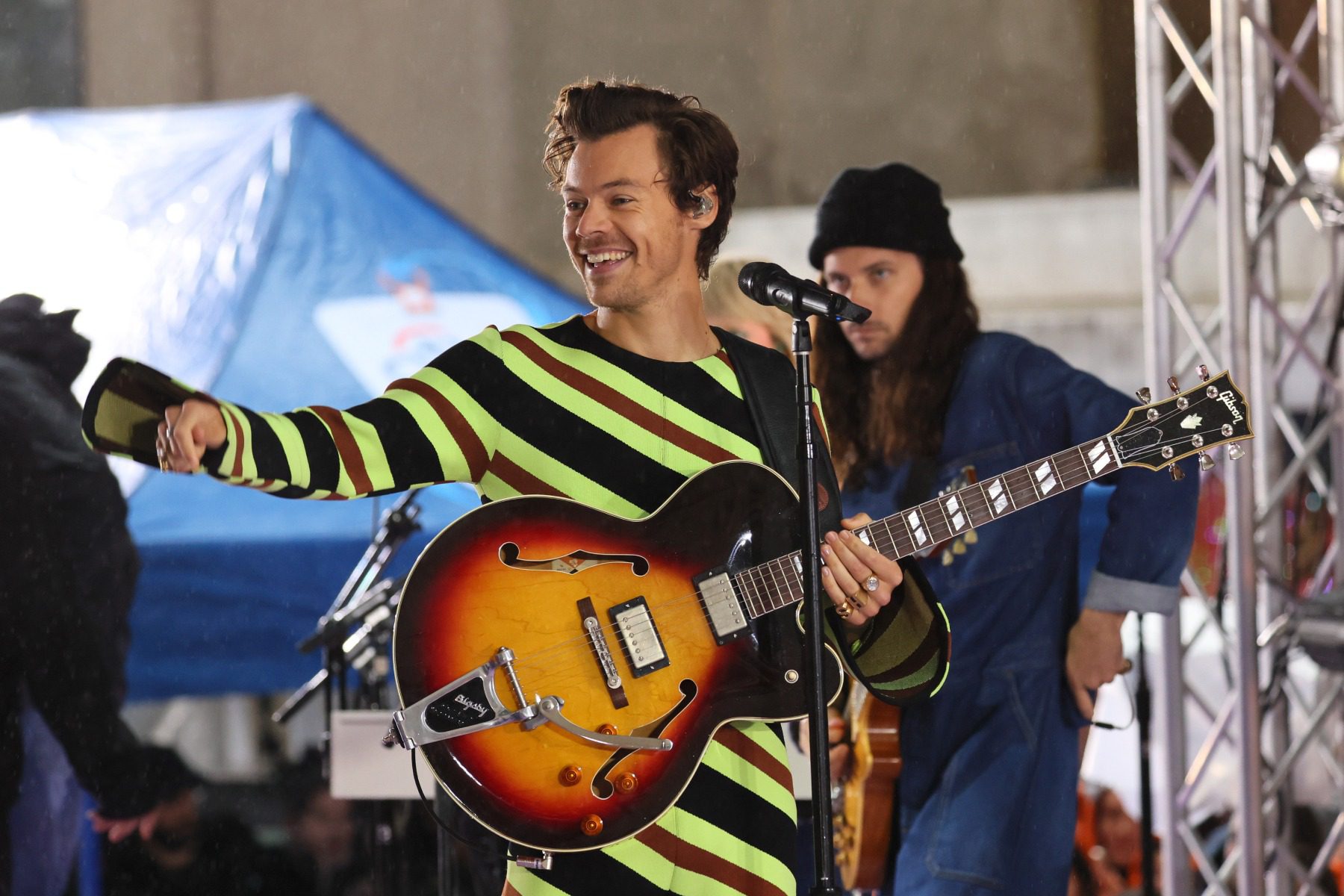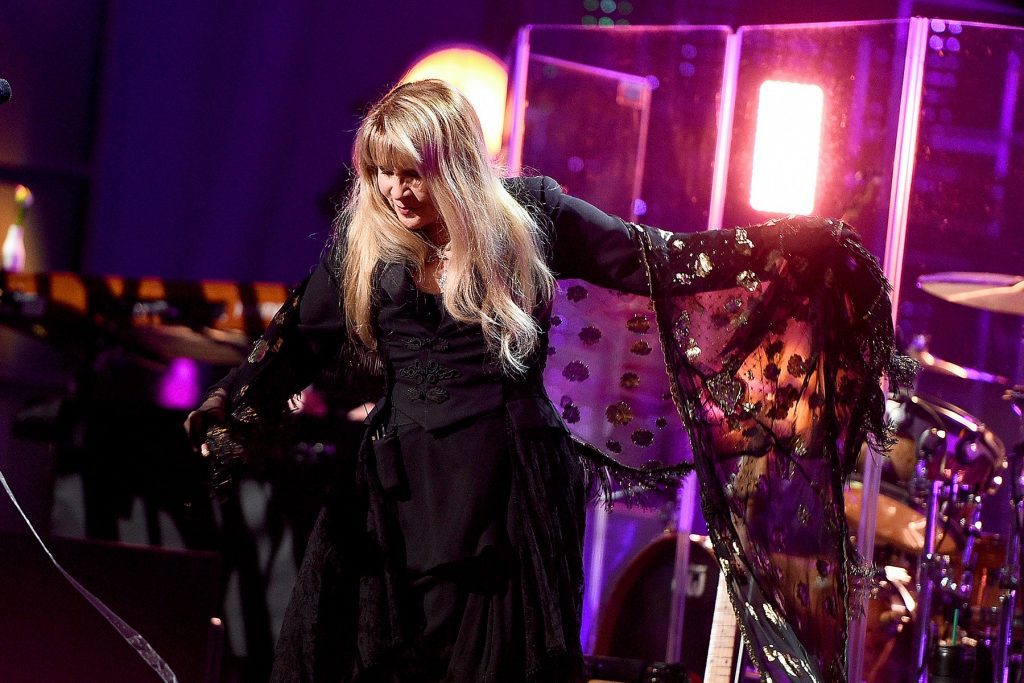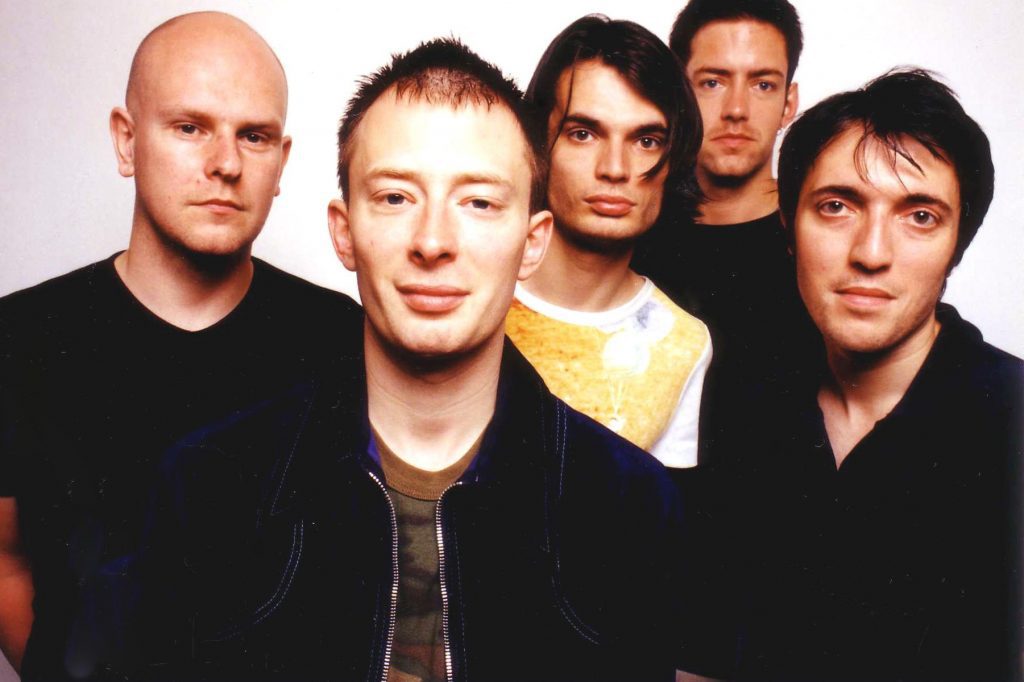
IndieLand 500: Radiohead’s Futuristic Breakthrough ‘OK Computer’

As part of our newly updated survey of the 500 Greatest Albums of All Time, we’re publishing a series of pieces on the making of key albums from the list. Radiohead’s OK Computer came in at number 42.
Before OK Computer, Radiohead were seen by many as the band behind “Creep,” the 1993 grunge-wannabe hit that Alicia Silverstone casually dismissed in the movie Clueless as “the maudlin music of the university station.” After OK Computer, they were hailed as musical saviors who could usher rock & roll into the 21st century.
Their designs weren’t quite so grand when they started work on the album in the summer of 1996, but they knew they wanted to create music unlike anything that had been heard before. This was the peak of the Brit-pop movement in their native England, but they felt no kinship with the likes of Oasis and Blur. “To us, Brit pop was just a 1960s revival,” guitarist Jonny Greenwood said in 1997. “It just leads to pastiche. It’s you wishing it was another era. But as soon as you go down that route, you might as well be a Dixieland jazz band, really.”
blogherads.adq.push(function () {
blogherads
.defineSlot( ‘medrec’, ‘gpt-dsk-tab-article-inbody1-uid0’ )
.setTargeting( ‘pos’, [“mid-article”,”mid”,”in-article1″,”mid-article1″] )
.setSubAdUnitPath(“music//article//inbody1”)
.addSize([[300,250],[620,350],[2,2],[3,3],[2,4],[4,2]])
;
});
Instead, they gorged on masterpieces like Miles Davis’ Bitches Brew, Johnny Cash at Folsom Prison, Marvin Gaye’s What’s Going On, and the Beach Boys’ Pet Sounds, and began writing songs just as grandiose and moving, though not rooted in any era of rock’s past. “There were no constraints,” said OK Computer producer Nigel Godrich. “This was not Neanderthal rock & roll. It was very high-level thinking, conceptual, moving forwards in terms of sonics, and beautiful songs. It was a perfect thing. Lots of people, lots of ideas, and we all could pull in the same direction.”
The bulk of the recording took place at St. Catherine’s Court, a nine-bedroom Elizabethan manor house owned by actress Jane Seymour in remote Bath, England. They set up shop in the enormous ballroom in the center of the house and cut songs like “Karma Police,” “Paranoid Android,” and “Airbag.” Many of them pulsated with anxiety about the dehumanizing impact of technology at the dawn of the internet era, and the band’s own exhaustion after five straight years of relentless touring. “Everything was about speed when I wrote those songs,” Thom Yorke said. “I had a sense of looking out a window at things moving so fast I could barely see.”
The songs range in tone, from the neo–prog rock of “Paranoid Android” (a cross between “Bohemian Rhapsody” and “Happiness Is a Warm Gun,” in the words of Yorke) to the haunting menace of “Climbing Up the Walls,” and “Fitter Happier,” which consists of “Fred” — a synthesized voice from an old Mac computer — robotically reading pat life instructions like “More productive/Comfortable/Not drinking too much/Regular exercise at the gym, three days a week” before declaring that man is nothing more than “a pig in a cage on antibiotics.”
This is dark stuff, though the album somehow connected with millions of rock fans who were hungry for something new in a scene dominated by the likes of Matchbox Twenty, Hanson, and Third Eye Blind. But the acclaim quickly became too much for the members’ fragile psyches to endure, particularly when it came to Yorke. “There was an element of sitting there with your fingers in your ears, trying to block some of it out,” said drummer Phil Selway. “Maybe we were slightly wary of it after the response that ‘Creep’ had. It all becomes a bit double-edged, really.”
